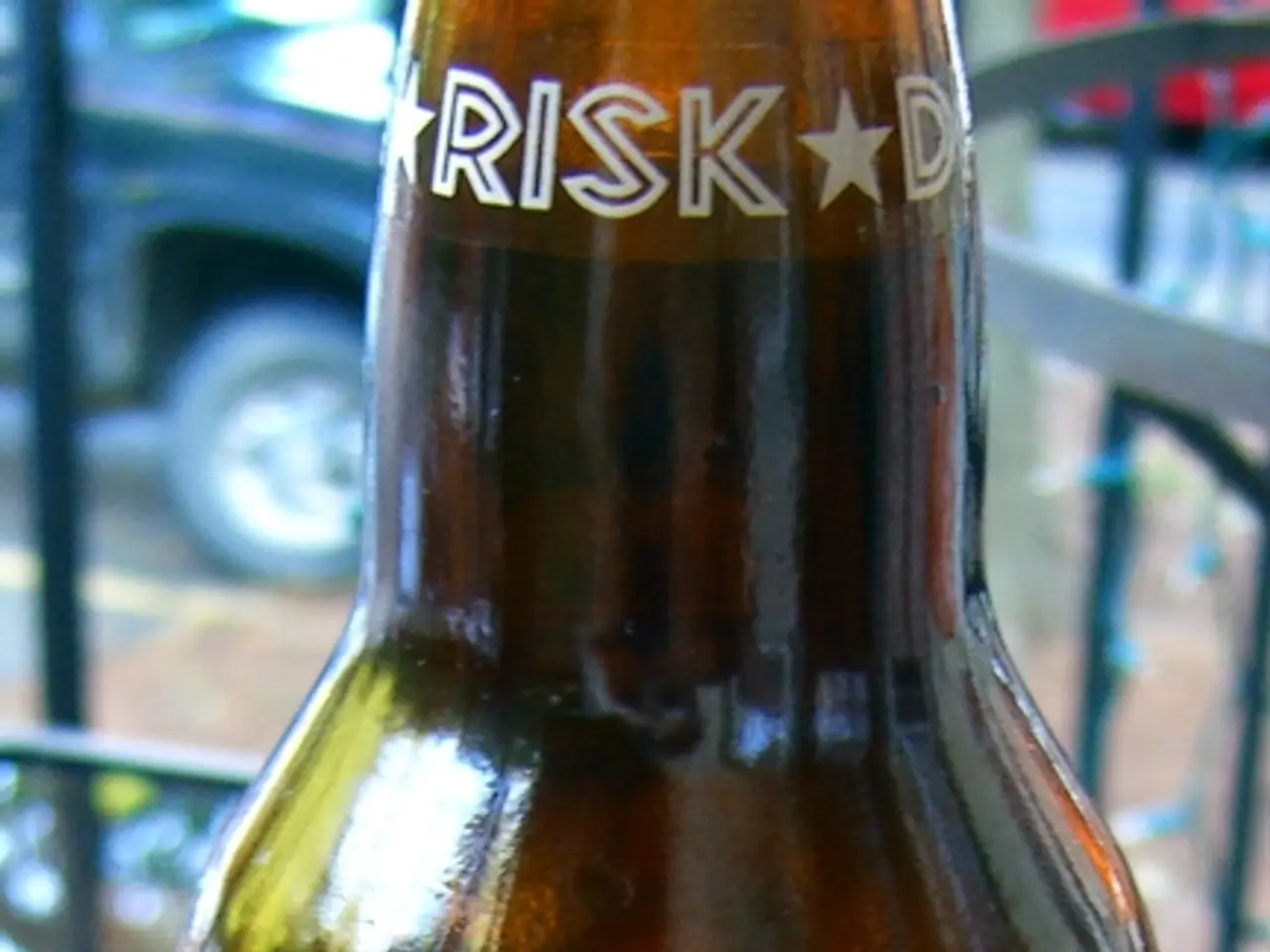Misconception examination: Is the use of sunscreen linked to an elevated chance of skin cancer?
The misconception that sunscreen use increases the risk of skin cancer has been circulating recently, fueled by social media claims and misinformation. However, scientific evidence consistently shows that sunscreen is not a cause of skin cancer but rather a protective measure against it.
Misleading data, chemical concerns, and recalls have contributed to these misconceptions. Claims referencing misleading data or charts, such as the Connecticut Tumor Registry, have been found to be inaccurate. Concerns about certain chemical sunscreen ingredients, like oxybenzone, have been raised, but human studies have shown minimal absorption and no direct cancer link.
The relationship between sunscreen usage and skin cancer incidence is complex. Countries with high sunscreen usage often have populations with fair skin types or behaviors that increase skin cancer risk, such as extended sun exposure or use of tanning beds. Sunscreen use is just one part of a broader skin protection strategy.
Fair skin and prolonged sun exposure increase the risks of skin cancer, even with sunscreen use. In countries with high awareness of sun protection, sunscreen use is more prevalent, but actual skin cancer rates can still be influenced by other factors like genetics and environmental exposure. Higher reported rates of skin cancer in some countries might be due to better healthcare systems and reporting mechanisms rather than higher incidence rates themselves.
Scientific evidence supports that sunscreen reduces the risk of skin cancer by blocking UV rays. Mineral sunscreens (zinc oxide, titanium dioxide) are generally considered safer than chemical sunscreens, though the latter are still within safety guidelines for most people.
In conclusion, while misconceptions about sunscreen's role in skin cancer risk exist, the scientific consensus is clear: sunscreen is a crucial tool in preventing skin cancer and not a cause of it. The X user's claim that countries with the highest sunscreen use have the highest incidence of skin cancer is false. Sybille Kohlstädt, spokesperson for the German Cancer Research Center (DKFZ), warns against false conclusions due to a lack of valid data regarding sun protection and its relation to skin cancer prevalence. In Germany, about half of the people asked in an online poll said they would only use sunscreen in summer or when being directly in the sun.
The World Health Organization states that skin cancer rates are skyrocketing, with malignant melanoma having the highest rate of increase worldwide. In terms of the number of skin cancer deaths in 2022, the US again took the lead, while Germany ranked fourth. It is crucial for individuals to prioritise skin protection and consult credible health sources for accurate information.
- The media has been perpetuating several misconceptions about sunscreen, suggesting it increases the risk of skin cancer despite scientific evidence confirming the opposite.
- Climate change, with its increased UV radiation, exacerbates the importance of using sunscreen for skin protection, a fact often overlooked in global discussions on health-and-wellness.
- In the realm of environmental science, growing concerns about the impact of chemical sunscreen ingredients on marine life have led to the development of alternatives like CBD-infused sunscreens.
- Beyond sunscreen, addressing mental-health issues like anxiety or depression related to skin concerns (such as skin-conditions like acne or eczema) has become a significant focus in international medical-conditions research.
- Skin care routines, incorporating sunscreen, have become crucial components of overall health-and-wellness strategies, with dermatologists emphasizing their importance in protecting against both skin cancer and various skin conditions.
- It is essential for the world to unite in supporting preventive measures against climate-change, including using recommended skin care products and following credible health sources for accurate information, to reduce the escalating rates of skin cancer and improve overall health and wellness.








